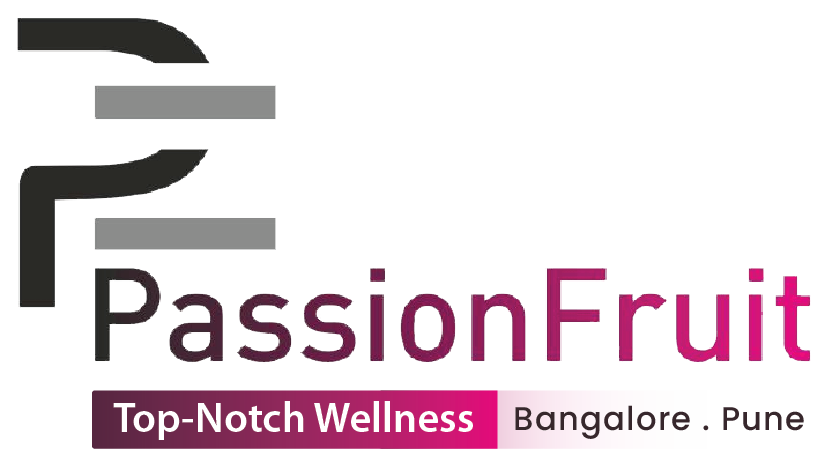Homosexuality has long been a topic of debate, misunderstanding, and stigmatization across various societies. Many people wonder whether homosexuality is treatable or if there are methods to “change” someone’s sexual orientation. This blog aims to address the misconceptions around homosexuality and why it is not a condition that requires treatment. Instead, it’s essential to recognize homosexuality as a natural variation of human sexuality. We will explore scientific understanding, harmful practices like conversion therapy, and why acceptance and mental health support are the right approaches.

Understanding Homosexuality
Before discussing whether homosexuality can be treated, it’s crucial to understand what it is. Homosexuality refers to a person’s sexual and romantic attraction to individuals of the same sex. This sexual orientation is not a disorder or a mental illness but a natural and normal part of human diversity.
Leading medical organizations, such as the American Psychiatric Association (APA) and the World Health Organization (WHO), have confirmed that homosexuality is not a mental disorder. In fact, homosexuality was removed from the APA’s Diagnostic and Statistical Manual of Mental Disorders (DSM) in 1973. Similarly, the WHO removed homosexuality from its list of diseases in 1992. This shift in understanding reflects a broader, scientifically accurate view of sexual orientation as an inherent aspect of human identity.
Origins of the Misconception
The belief that homosexuality can be cured or treated has deep historical roots. For centuries, homosexuality was pathologized, often due to religious, cultural, and societal pressures. In many parts of the world, religious doctrines condemned homosexual behavior, and traditional societies regarded it as abnormal.
As psychology developed in the 19th and early 20th centuries, outdated theories perpetuated the idea that same-sex attraction was a condition that could be “fixed.” These ideas fueled the creation of harmful practices like conversion therapy, which falsely promised to alter a person’s sexual orientation.
Conversion Therapy: What It Is and Its Harmful Effects
Conversion therapy, also known as gay cure therapy, refers to a range of dangerous and unethical practices aimed at changing a person’s sexual orientation from homosexual or bisexual to heterosexual. These practices are based on the false belief that homosexuality is unnatural and needs correction.
Numerous studies have shown that conversion therapy is not only ineffective but also extremely harmful. Some of the common methods of conversion therapy include:
- Psychological counseling aimed at changing sexual orientation.
- Use of aversive treatments like electric shocks or inducing nausea when the person thinks about same-sex attraction.
- Religious interventions, including prayers, fasting, and exorcism.
The impact of conversion therapy can lead to severe psychological harm, including:
- Depression
- Anxiety
- Self-hatred
- Suicidal thoughts
Many survivors of conversion therapy have reported lasting trauma from these experiences. Due to its harmful effects, conversion therapy has been banned in several countries and regions. However, it is still legal in many parts of the world, leaving vulnerable individuals exposed to these dangerous practices.
Scientific and Medical Consensus
The overwhelming consensus from the scientific and medical community is clear: Homosexuality cannot and should not be “treated”. Numerous studies have shown that sexual orientation is not something that can be changed or “cured.” Attempts to do so through conversion therapy are not only ineffective but also harmful to mental health.
The American Psychological Association (APA) strongly opposes conversion therapy and states that any attempt to change sexual orientation is harmful and unethical. Leading global health organizations echo this sentiment, stating that homosexuality is a natural and healthy variation of human sexuality.
Instead of focusing on “treating” homosexuality, it is crucial to prioritize mental health support for individuals struggling with societal rejection, stigma, or internalized homophobia.
The Importance of Acceptance
The best way to support individuals who identify as LGBTQ+ is through acceptance—both from family members and society. Research has shown that people who experience rejection due to their sexual orientation are more likely to face mental health issues like depression, anxiety, and substance abuse. On the other hand, those who receive acceptance and support from their families and communities tend to have better mental health outcomes and overall well-being.
Self-acceptance is also an important factor. Many LGBTQ+ individuals face internalized homophobia, where they may struggle to accept their own sexual orientation due to societal norms. Seeking professional mental health support from LGBTQ+-affirming therapists can help people overcome these feelings and lead fulfilling lives.
For those looking for professional help in Bangalore, Ask Passion Fruit is one of the best sexual health treatment clinics that provides compassionate and skilled care for a range of sexual health issues, including those related to sexuality and sexual orientation. Their team of specialists emphasizes acceptance and mental health support rather than harmful treatments.
LGBTQ+ Rights and the Fight Against Discrimination
The fight for LGBTQ+ rights has made significant progress, but much work still needs to be done. Discrimination against LGBTQ+ individuals remains a problem in many parts of the world. The belief that homosexuality is a disorder contributes to stigma, making it difficult for individuals to live openly and authentically.
Organizations and activists around the world continue to advocate for the rights of LGBTQ+ people, including the right to live free from discrimination, the right to marry, and the right to access healthcare without fear of stigma or rejection.
Conclusion
To answer the question: Is homosexuality treatable? The answer is a resounding no. Homosexuality is not an illness, and therefore, it does not need to be “treated” or cured. Instead, the focus should be on promoting acceptance, mental health support, and LGBTQ+ rights. Harmful practices like conversion therapy should be banned worldwide, and individuals should be free to live their lives authentically.
If you’re in Bangalore and need professional help with sexual health or related concerns, Ask Passion Fruit is one of the best sex treatment clinics in Bangalore, known for providing caring and LGBTQ+-affirming services.
Let’s work towards a world where people of all sexual orientations are accepted, respected, and supported.









